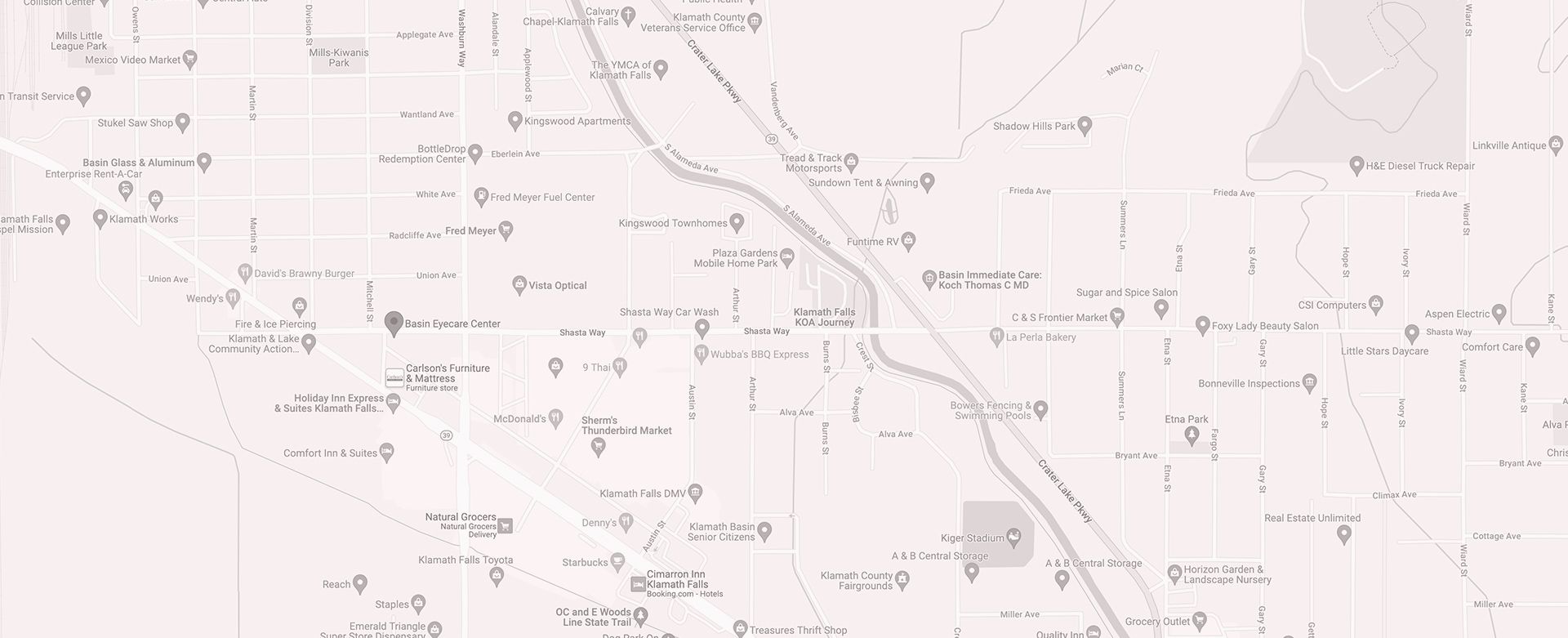Please bring your
Insurance cards
Current glasses
Most recent contact lens prescription (if applicable)
List of current medications
Please allow 1 hour for your exam. We never want anyone to shop in a rush, so please allow adequate time for frame selection after your appointment. If you need more time, we are happy to schedule an appointment with an optician.
We dilate the eyes to obtain a more thorough view of the inside of the eye. This allows us to look for eye conditions such as macular degeneration, glaucoma, diabetic retinopathy, retinal tears/detachments, etc. We dilate the eyes by using prescription eye drops that temporarily relax the iris muscle to make your pupils very large. The dilating drops take 15 minutes to take effect, and the side effects include temporary light sensitivity and blurred vision up close for 4-6 hours.
Eye health is our priority. We suggest a thorough retinal evaluation every year. As an alternative to dilation, we offer Optomap retinal screenings. In some cases, it is necessary to be dilated in addition to an Optomap retinal image.
We recommend a comprehensive eye exam annually.
The American Academy of Optometry recommends an initial eye exam at 6mo-12months, followed by a more thorough exam between the ages of 3-5 years old, then annually thereafter.
Dr. Hutzell generally starts seeing children who are entering first grade.
Medical eye care involves the diagnosis and treatment of eye conditions that are not corrected by glasses or contact lenses, such as eye infections, dry eye, cataracts, glaucoma, macular degeneration, diabetic retinopathy, etc.
Management of these conditions is not covered by vision insurance but is billable to your medical insurance. It is important to note, your medical plan deductible still applies to medical eye care services.
Similarly, medical insurance does not cover refractions (the determination of your glasses prescription) or elective contact lens fittings, which are typically covered by vision plans.








